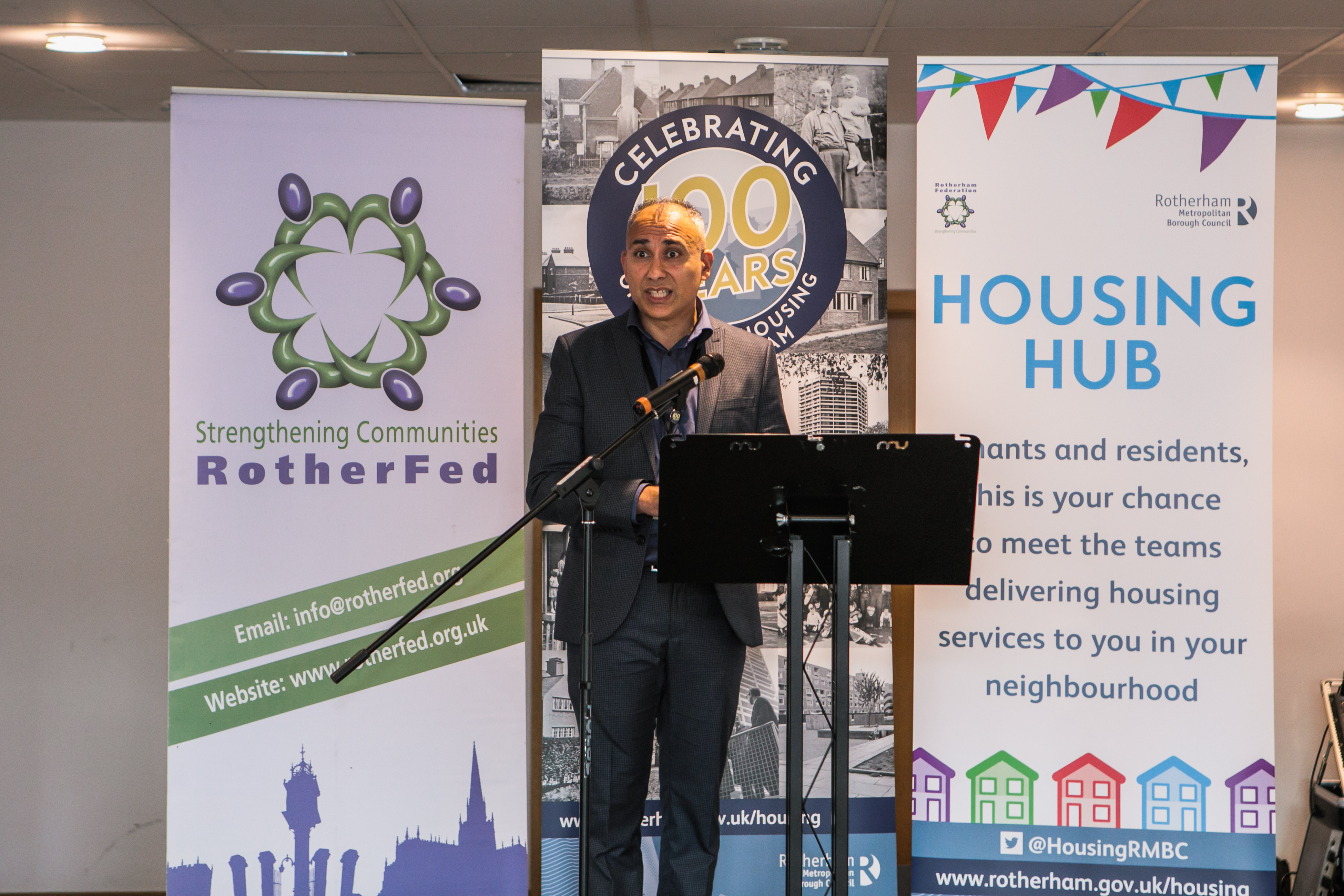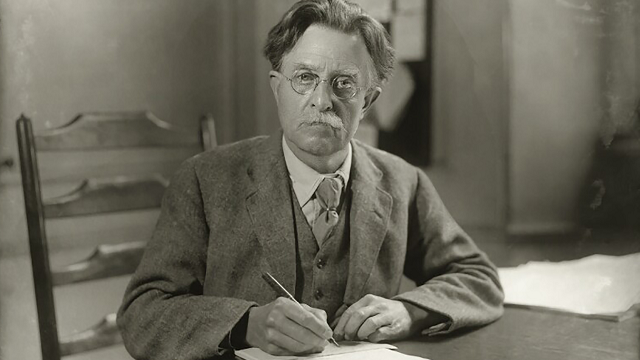
1863: The Vision
Visionary architect of Social Housing Raymond Unwin was born in 1863 at Whiston, went to Rotherham Grammar School and Magdalen College School in Oxford. He moved back to the area in 1883 where he built colliery housing. It was his vision for design standards of working-class housing for which he is best remembered. His recommendations were endorsed in the Housing Act of 1919, setting the standard for social housing across the country.
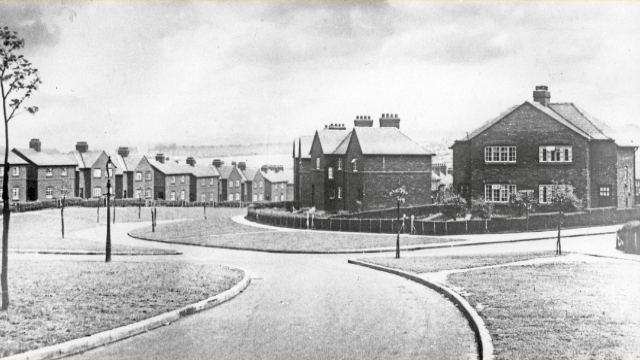
1919: East Dene
East Dene was the first major development completed by Rotherham County Borough, with the first tenant moving into 1 First Avenue in May 1920. There were 700 high-quality homes built here between 1919 and 1923 incorporating the ideas of Rotherham-born Raymond Unwin who was one of the most influential architects of his time.
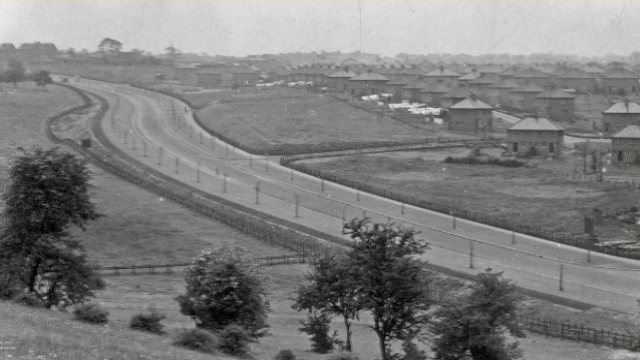
1930's: Herringthorpe
Rotherham Corporation had built homes for 3,000 families by 1930. These houses which were all based on high design standards. The planning of a new estate in Herringthorpe was submitted in 1929 and initially, 300 homes were built. This project was planned to accommodate over 1,000 homes and also led to the building of Herringthorpe Valley Road, which opened in 1933.
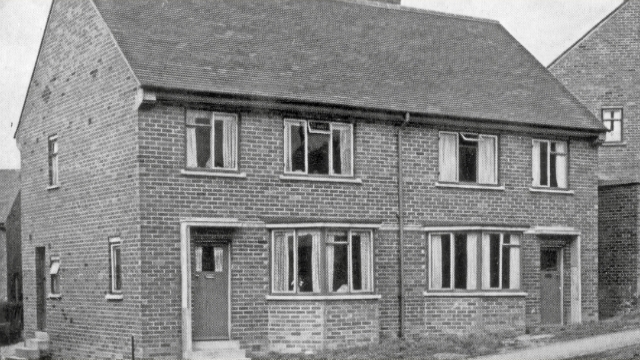
1940's: East Herringthorpe, Blackburn and Thorpe
After World War II, the demand for homes was huge, which led to the building of 280 pre-fabricated houses as a quick and temporary way to house people. The first post-war construction was at Herringthorpe, Blackburn and Thorpe. The first pair of traditional, permanent houses were completed on Herringthorpe in December 1945, just three months after VE Day.
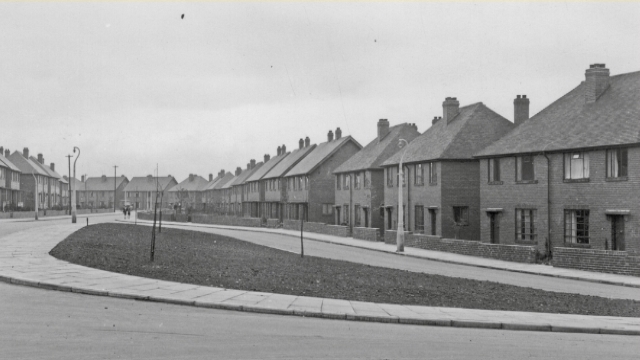
1950's: Wath
Demand for council housing continued into the 1950s with housebuilding surging across the country. Construction took place across the borough, including more than 600 homes, now known as the Newhill Estate, which were built by Wath Urban District Council. This comprised both houses and bungalows and is just one example of housebuilding in Wath in the post-war period.
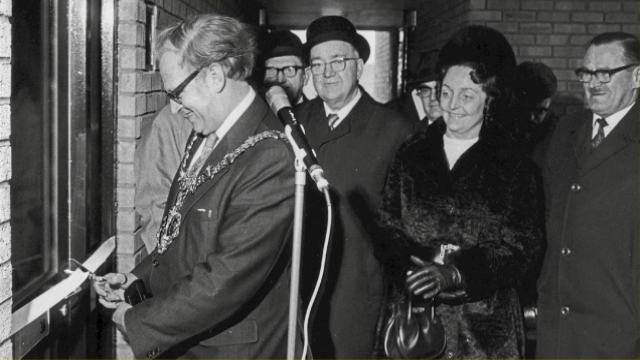
1960's: Oakhill Flats
Flats became more popular in the post-war period and Rotherham embraced the building of large blocks, designing smaller accommodation for those who needed it. At Oakhill 273 old terraced houses were demolished to make way for 600 modern flats. The design of these was highly commended by national committees at the time. Oakhill was replaced by Springwell Gardens in 1997.
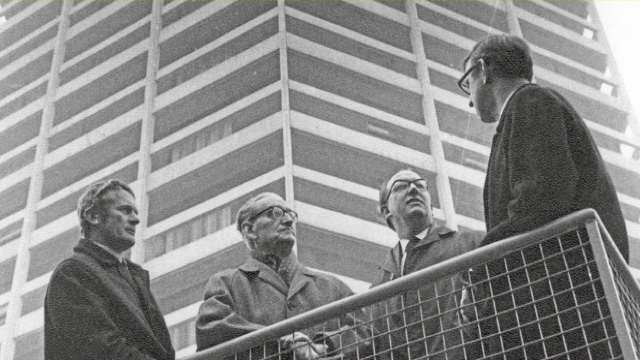
1970's: Beeversleigh
Beeversleigh is one of the most prominent buildings on Rotherham’s skyscape, with its unique hexagonal shape. Built in 1970, it is the only high-rise apartment block in Rotherham, has 13 floors, is approximately 40 metres tall and consists of 48 flats.
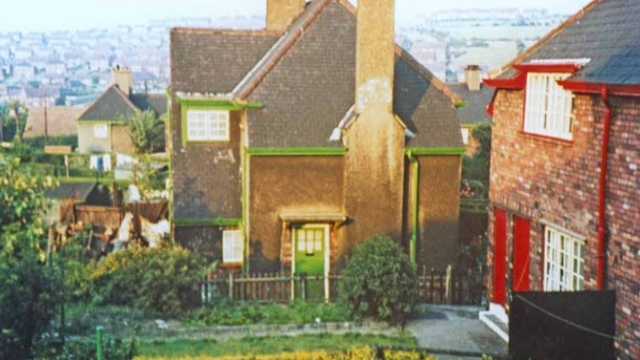
1980's: Right to Buy
The Right to Buy was introduced in the 1980 Housing Act. This gave almost all tenants the option to buy their council home at a discounted rate after three years. It was a highly publicised initiative and uptake was high, with over 100,000 homes being sold across England and Wales in the first year.
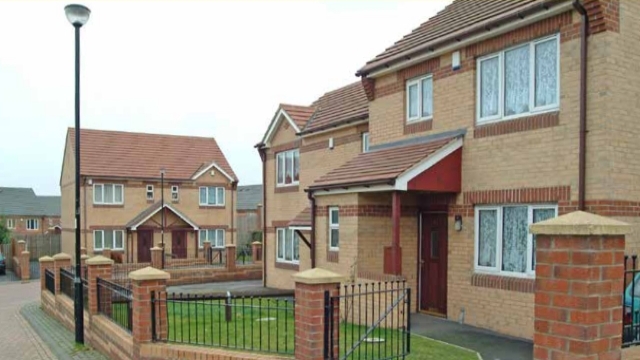
1990's: Springwell Gardens
Oakhill Flats were in a state of decline by the turn of the century so plans were drawn to replace this complex with a new estate. In 1997 construction started at Springwell Gardens’ of 220 houses and flats. The community centre on the estate is now the home of Rotherham Federation of Communities.
2019 Rother Living
Rother Living is a Rotherham Council brand promoting new council-led housing developments. The Council recognises the challenges faced by residents for who home ownership and private rental is becoming increasingly difficult to afford. To address some of the issues around affordable housing the Council has embarked on its biggest new homes programme for decades, with developments at Maltby, Rawmarsh, Broom, East Herringthorpe and the Town Centre.
Find out more about Rother Living: Housing developments in Rotherham
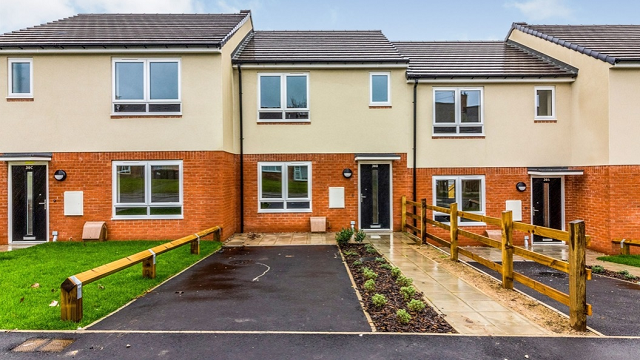
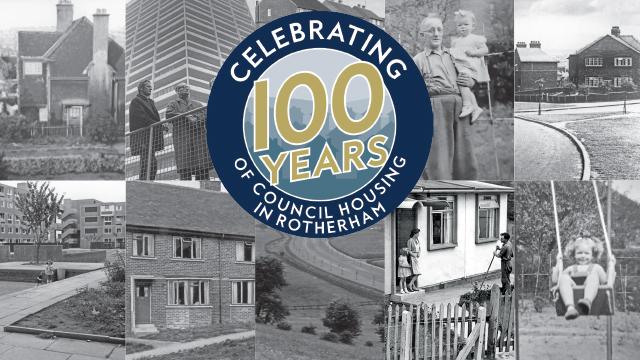
Home Matters
Read the special edition of Home Matters the magazine for Rotherham Council tenants and leaseholders to celebrate 100 years of Council Housing.

